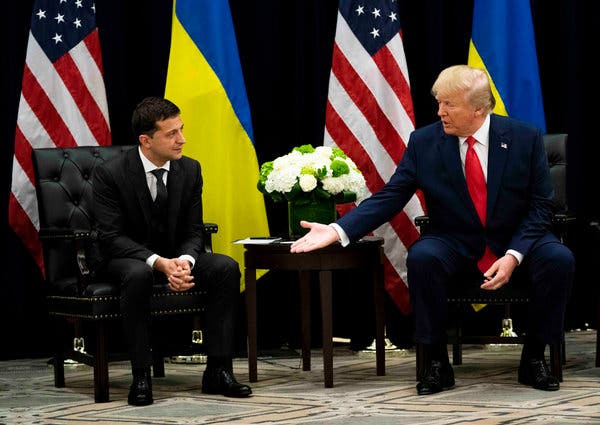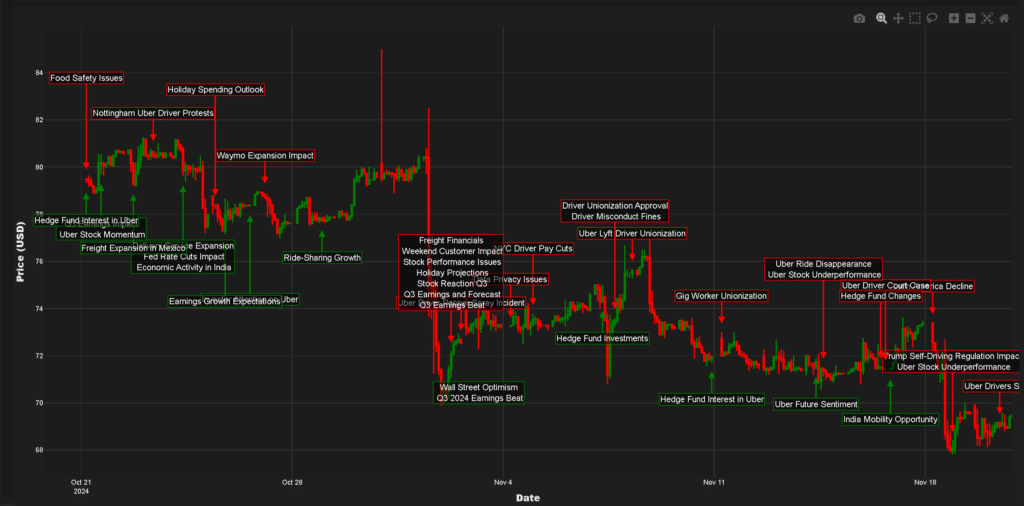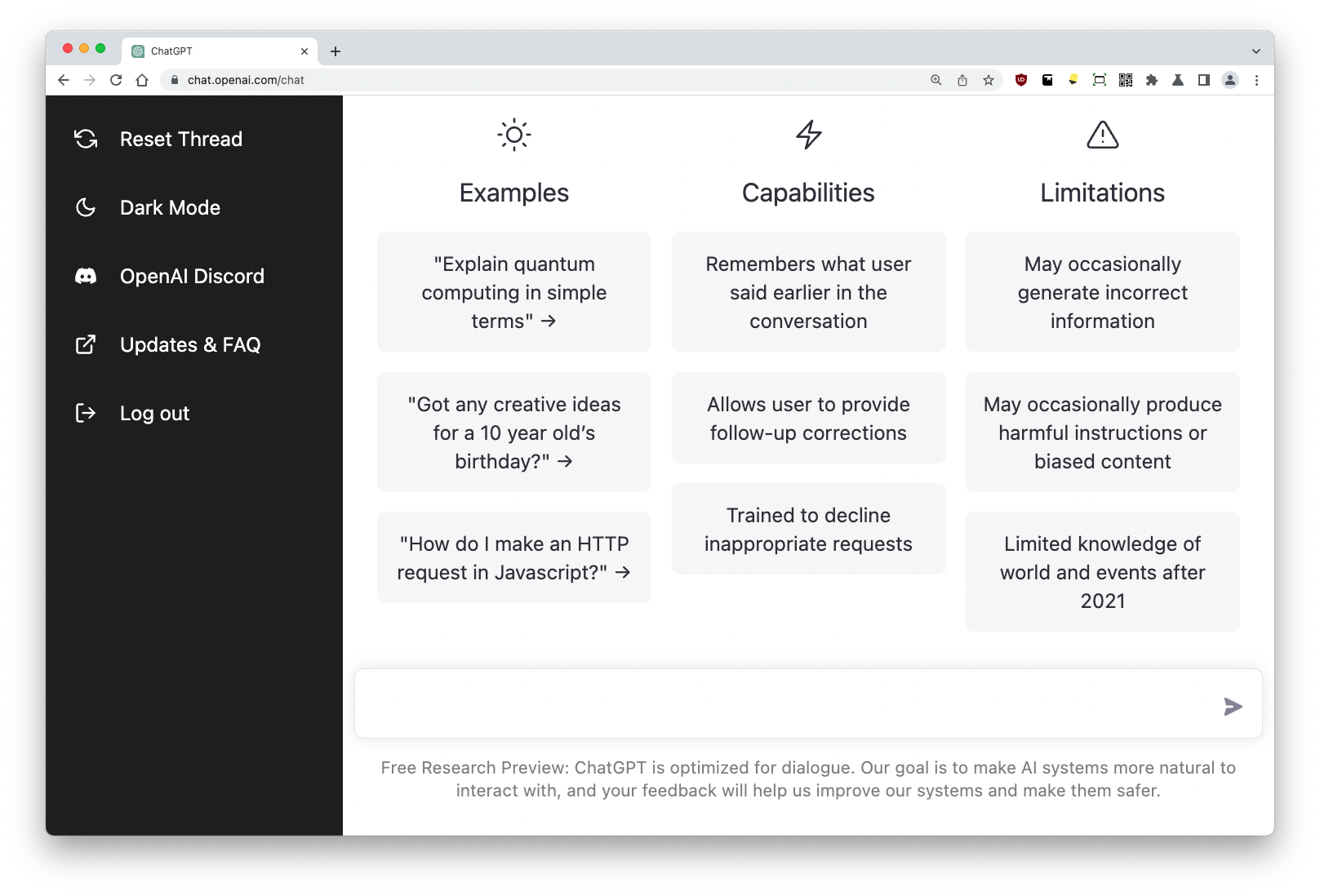Macron Vs. Merz: Lessons On Handling The Far Right

Table of Contents
Macron's Approach: Confrontation and Integration
Macron's strategy against the far-right has been characterized by a dual approach: direct confrontation and strategic integration.
Direct Confrontation:
Macron directly challenged the far-right's narratives, often employing forceful rhetoric to expose their inconsistencies and dangerous ideologies. This involved a proactive approach to debunking misinformation and actively countering extremist viewpoints.
- Examples: His strong stance against anti-immigration policies, frequently highlighted in his speeches and public appearances, directly countered the far-right's rhetoric on immigration. His direct refutation of conspiracy theories circulating online and in traditional media demonstrated a commitment to combating disinformation. His emphasis on European unity, particularly in the face of nationalist sentiments, provided a powerful counterpoint to isolationist tendencies.
Macron's strategy involved active confrontation of far-right narratives and populist rhetoric, aiming to discredit their arguments in the public sphere. This approach required a significant investment in communication and media strategy.
Strategic Integration (where possible):
While confronting extremist views head-on, Macron also attempted to address some of the underlying concerns that fuel far-right support, such as economic anxieties and concerns about national identity. This involved targeted policy initiatives designed to alleviate these issues.
- Examples: Investing in struggling regions through targeted economic development programs aimed to address regional inequalities. Addressing unemployment issues through job creation initiatives and skills training programs directly tackled a key concern exploited by the far-right. Promoting a more inclusive national identity, emphasizing shared values and history, while forcefully rejecting extremist interpretations of nationalism, provided a more positive alternative narrative.
Macron sought to mitigate the appeal of far-right policies through strategic concessions and targeted social programs, aiming to reduce the perceived gap between the ruling elite and the concerns of ordinary citizens. This nuanced approach acknowledged the validity of certain concerns while firmly rejecting extremist solutions.
Merz's Approach: A More Cautious Strategy
Merz's approach to the far-right contrasts sharply with Macron's. His strategy has been more cautious, focusing on appealing to voters disillusioned with the center-left while avoiding direct confrontation with the far-right.
Emphasis on Traditional Conservatism:
Merz's approach focuses on emphasizing traditional conservative values and appealing to voters disillusioned with the center-left. This strategy aims to attract voters who feel the center-right has abandoned them.
- Examples: A focus on law and order, promising a stronger response to crime and perceived social disorder. Fiscal conservatism, emphasizing responsible budgeting and lower taxes, aims to appeal to voters concerned about economic stability. A more nationalist approach on certain issues, particularly regarding national identity and immigration, seeks to capture voters who feel their concerns have been neglected.
Merz prioritized attracting voters from the far-right through a focus on traditional conservative principles and a strong stance on national security, seeking to present a viable alternative without overtly engaging in direct debate with far-right figures.
Avoiding Direct Confrontation (risks and benefits):
Merz's strategy has generally avoided directly engaging the far-right in aggressive debate, prioritizing a focus on attracting disillusioned conservative voters. However, this tactic carries inherent risks.
- Examples: The potential for being perceived as soft on extremism, potentially alienating moderate voters and failing to adequately address the threat posed by the far-right. The danger of inadvertently legitimizing far-right views by avoiding direct challenge, potentially inadvertently normalizing their presence in the political landscape.
Merz's cautious approach, while aiming to avoid alienating moderate voters, carries the risk of appearing less effective in tackling far-right extremism. This strategy necessitates a delicate balancing act between attracting voters and maintaining a firm stance against extremist ideologies.
Comparing and Contrasting Strategies: Key Differences and Outcomes
The strategies employed by Macron and Merz offer a fascinating case study in contrasting approaches to managing the far-right.
- Macron's more direct, confrontational style has been praised for its clarity and decisiveness, but criticized for potentially alienating some voters and fueling further polarization.
- Merz's cautious approach aims to appeal to a broader base, potentially preventing further polarization, but carries the risk of appearing less decisive in the fight against extremism and potentially normalizing far-right views.
- Both strategies demonstrate the complex challenges involved in countering the far-right, highlighting the need for nuanced and context-specific approaches. The comparative analysis reveals crucial differences in dealing with far-right populism, highlighting the nuances of each approach and the unique challenges faced in different political contexts.
Conclusion:
The contrasting strategies of Macron and Merz offer valuable insights into the complex challenge of combating far-right populism. While Macron's direct confrontation has proven effective in some respects, Merz's more cautious approach highlights the need to balance strong opposition with the imperative of attracting voters from across the political spectrum. The most effective approach likely involves a carefully calibrated combination of both confrontation and targeted efforts to address the underlying issues that fuel the far-right's appeal. Understanding these differing approaches is crucial to developing successful strategies for dealing with the far right in the future and for effective political discourse. Further research into both Macron’s and Merz’s strategies, and their efficacy against the rise of far-right extremism, is essential for political leaders and policymakers worldwide. Understanding the nuances of effective strategies to combat the far right is crucial for maintaining a healthy democracy.

Featured Posts
-
 Vatican Summit Vance And Zelenskiy Meet After Oval Office Differences
May 19, 2025
Vatican Summit Vance And Zelenskiy Meet After Oval Office Differences
May 19, 2025 -
 Austria Wins Eurovision 2025 Jjs Wasted Love Conquers Europe
May 19, 2025
Austria Wins Eurovision 2025 Jjs Wasted Love Conquers Europe
May 19, 2025 -
 Is Uber Stock Recession Resistant A Deep Dive
May 19, 2025
Is Uber Stock Recession Resistant A Deep Dive
May 19, 2025 -
 Is The Wnba A Platform For Social Commentary Or A Sporting League
May 19, 2025
Is The Wnba A Platform For Social Commentary Or A Sporting League
May 19, 2025 -
 Understanding Chat Gpts New Ai Coding Agent A Comprehensive Guide
May 19, 2025
Understanding Chat Gpts New Ai Coding Agent A Comprehensive Guide
May 19, 2025
